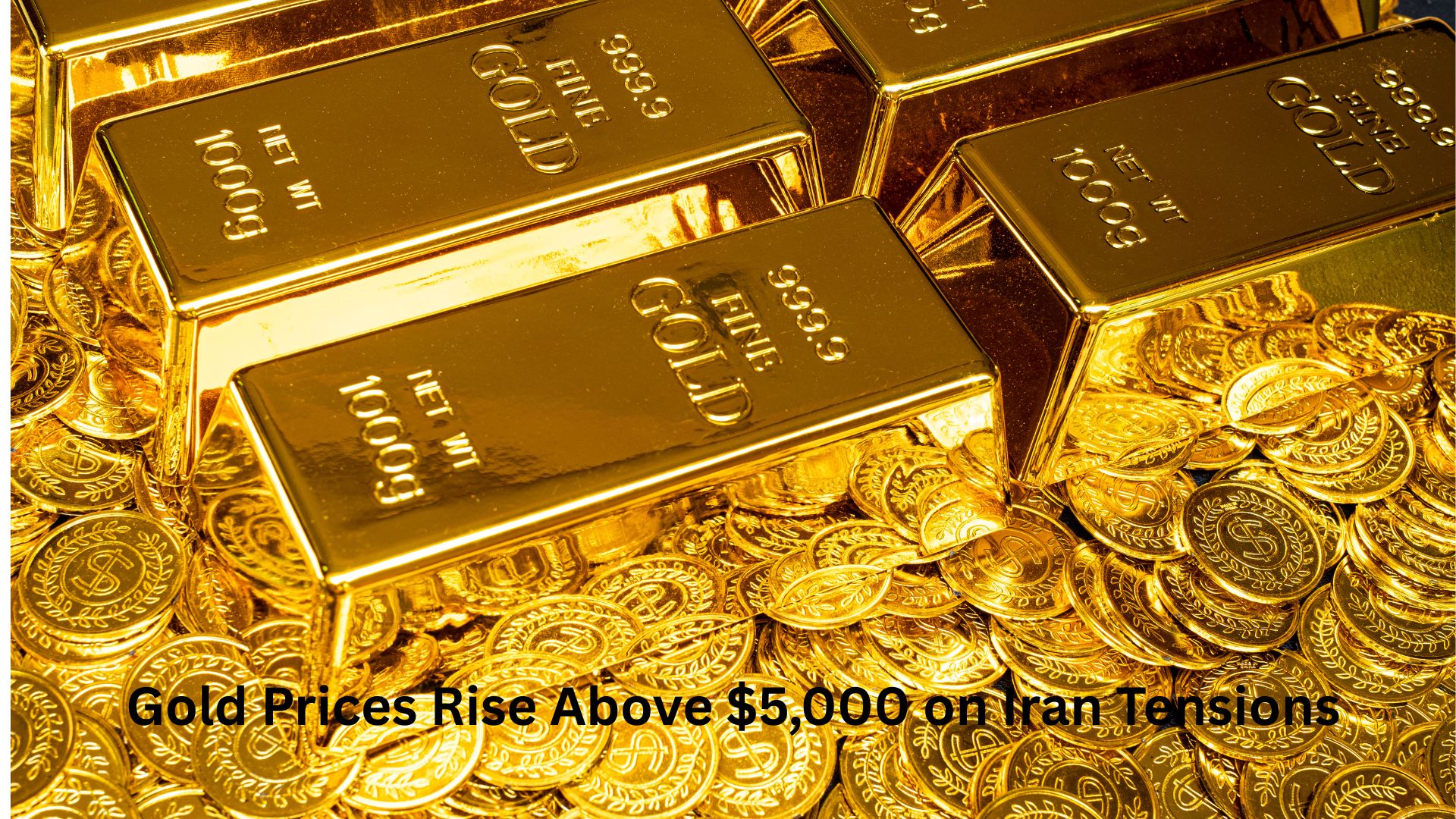Due to the east Asian Lunar New Year vacation, which thinned down early trading on Monday, oil prices dipped lower. However, they managed to hold onto the majority of last week’s gains due to the likelihood that China, the world’s top oil consumer, will experience an economic revival this year. The price of Brent crude futures dropped by 46 cents, or 0.5%, to $87.17, while the price of West Texas Intermediate (WTI) crude futures in the United States dropped by 40 cents, or 0.5%, to $81.24 per barrel.
While the U.S. benchmark only saw a 1.8% gain last week, Brent increased by 2.8%. According to data showing a significant increase in travel in China following the relaxation of COVID-19 limits, the country’s 15 major cities have seen a 22% increase in road traffic congestion so far this month compared to the same period last year. The chairman of the International Energy Agency, Fatih Birol, stated on Friday that if the Chinese economy recovers as financial institutions anticipate, energy markets may become tighter this year.
At the annual World Economic Forum gathering in Davos, Birol told Reuters, “I wouldn’t be too relaxed about the markets, and 2023 may well be a year where we see tighter markets than some colleagues may expect. The increase in travel in China before the Lunar New Year holiday portends favorably for fuel consumption following the two-week break. The market is preparing for additional sanctions against Russian oil, which will cause an increase in demand, according to ANZ analysts.
In addition to their price restriction on Russian crude, which has been in effect since December, and an EU embargo on imports of Russian oil by sea, the European Union and the Group of Seven (G7) alliance will cap prices of Russian refined goods beginning on February 5. In order to give time to evaluate the effects of the oil product price caps, the G7 has decided to postpone the assessment of the level of the price cap on Russian oil until March, one month later than initially anticipated.

